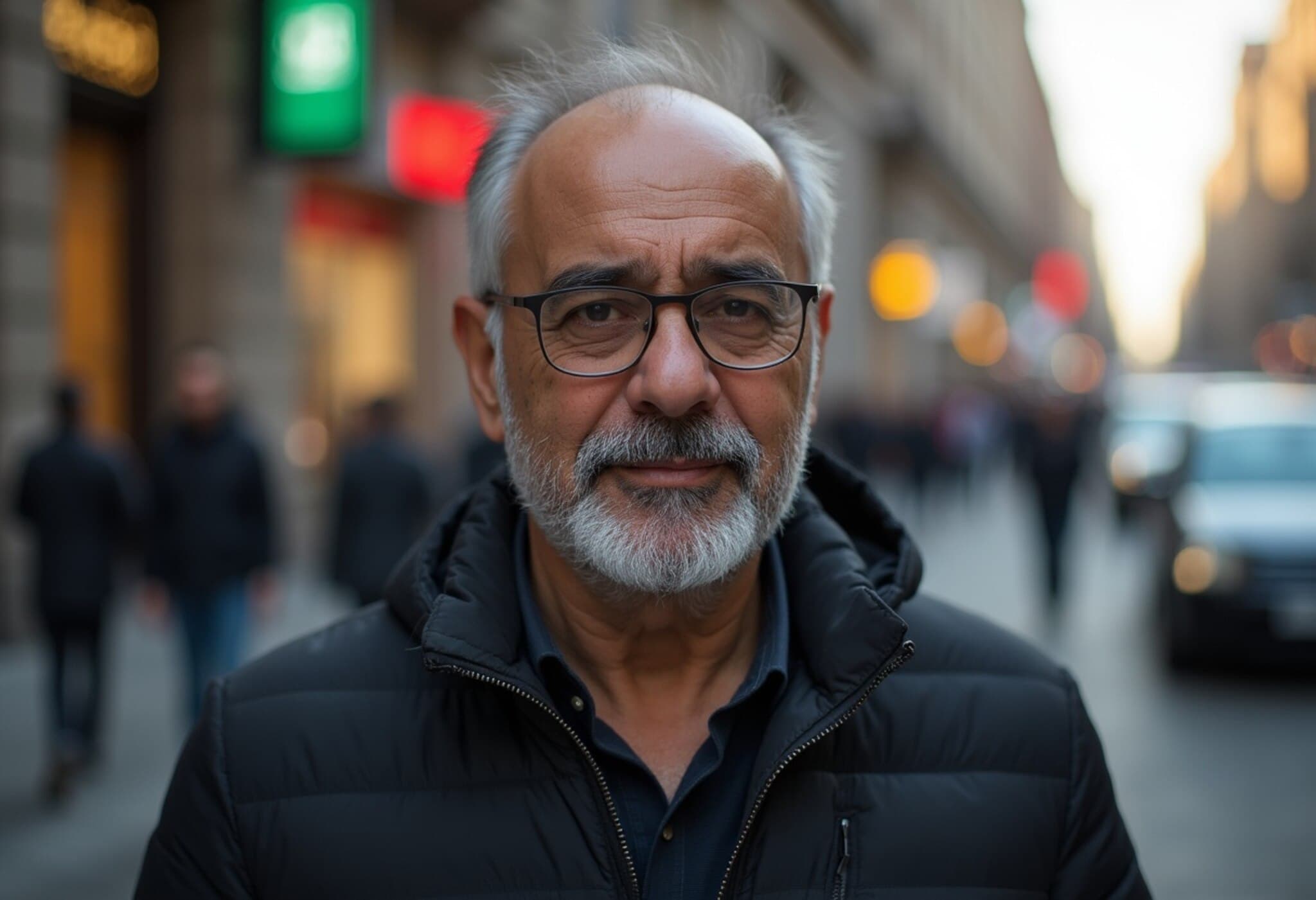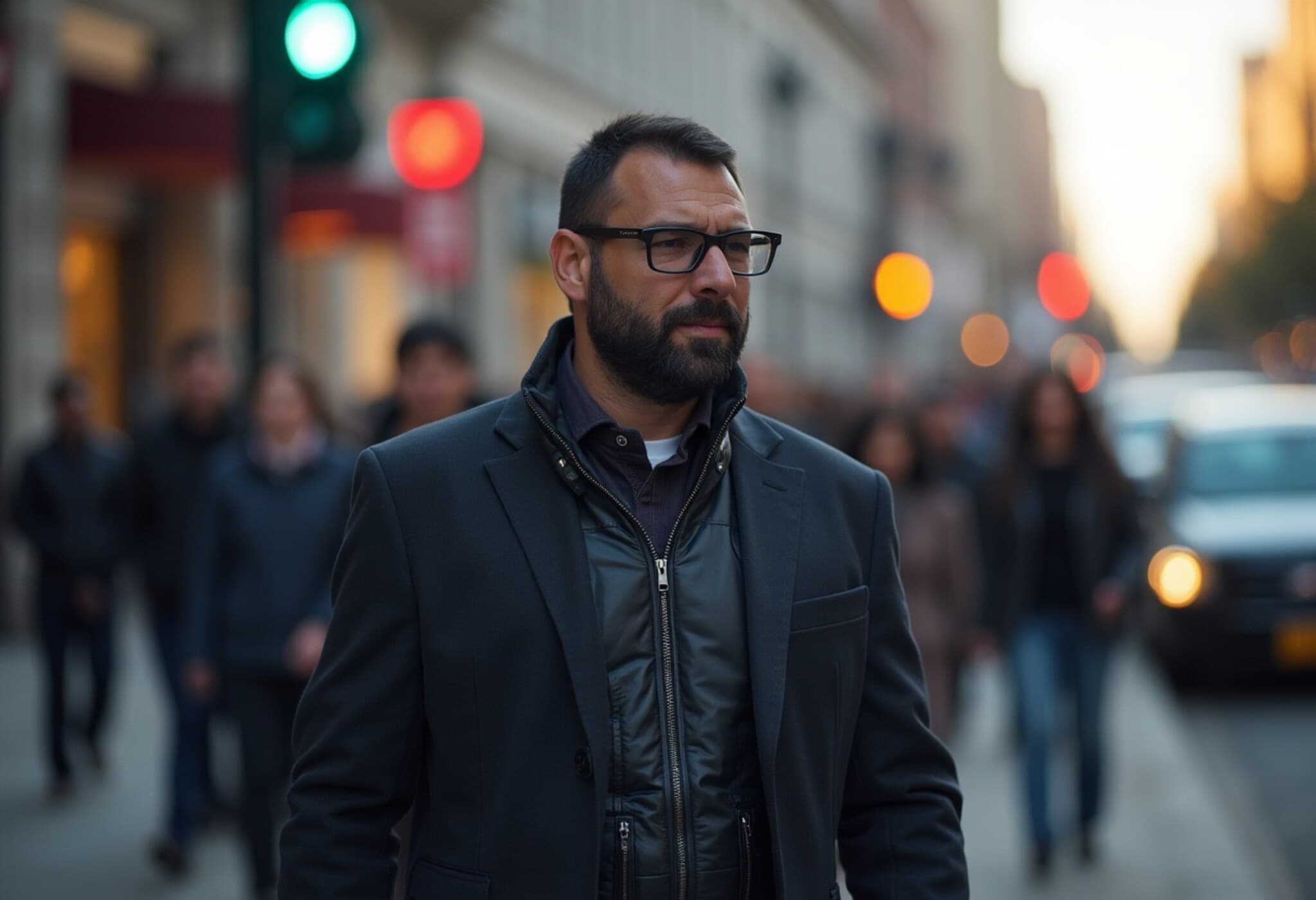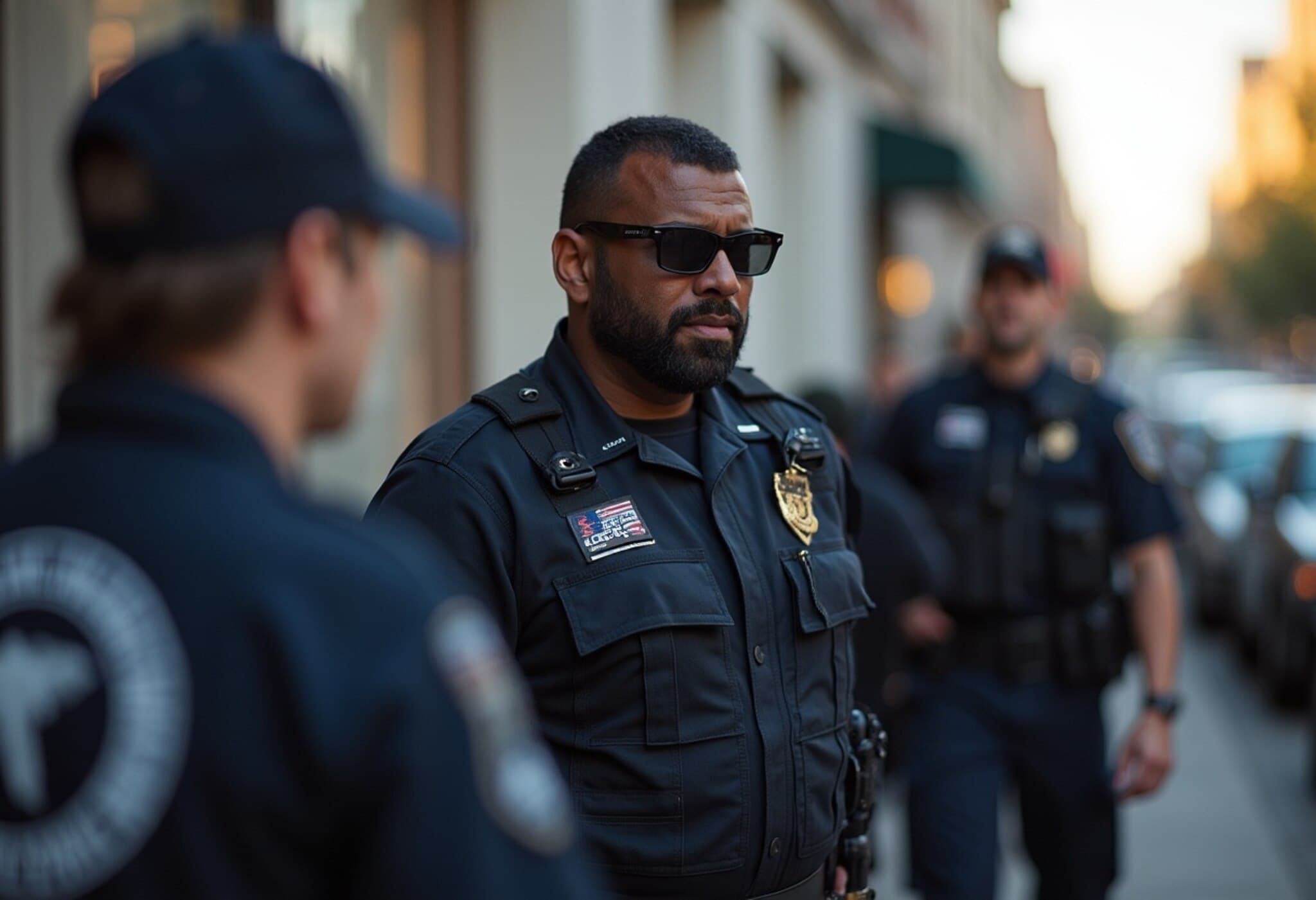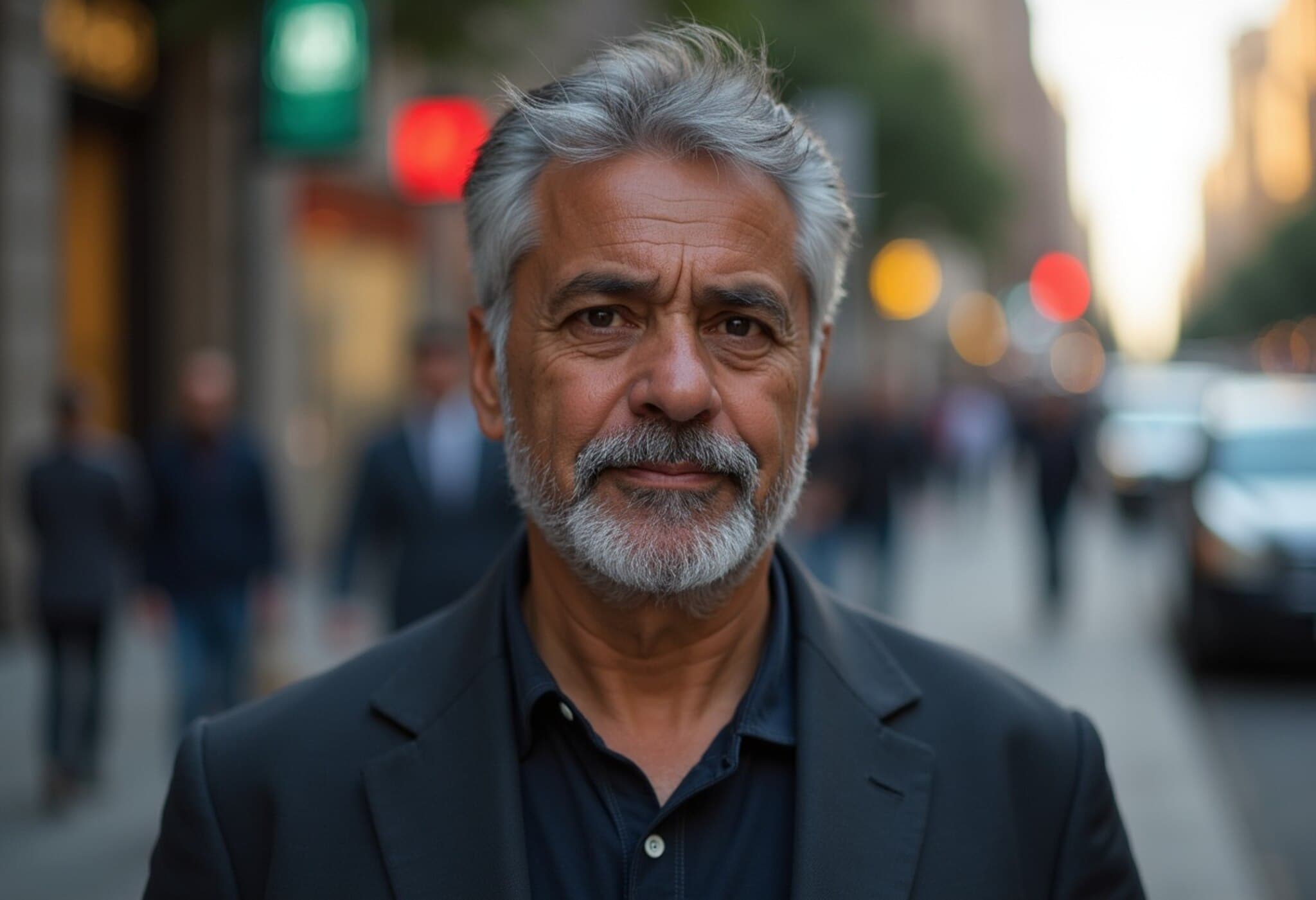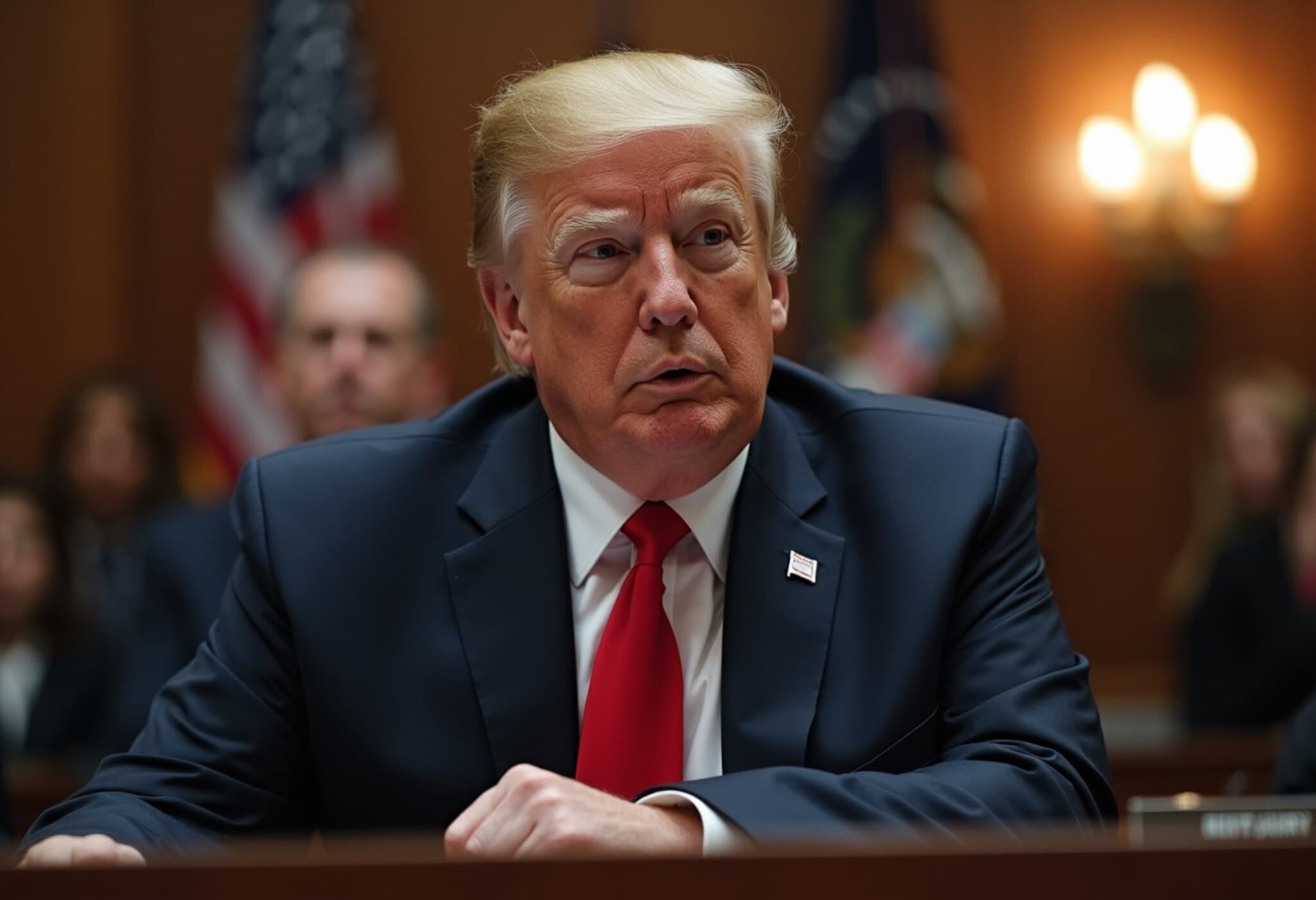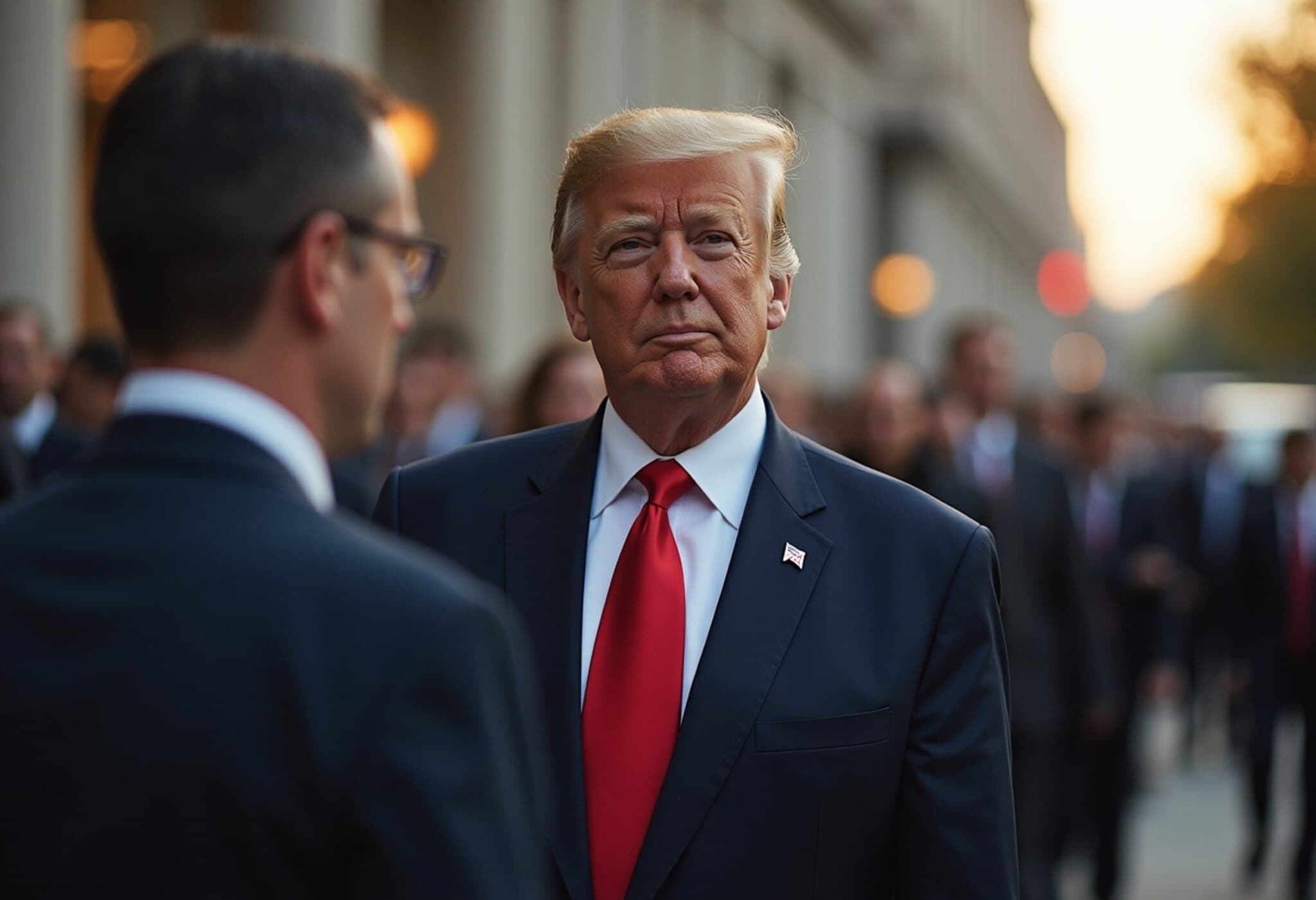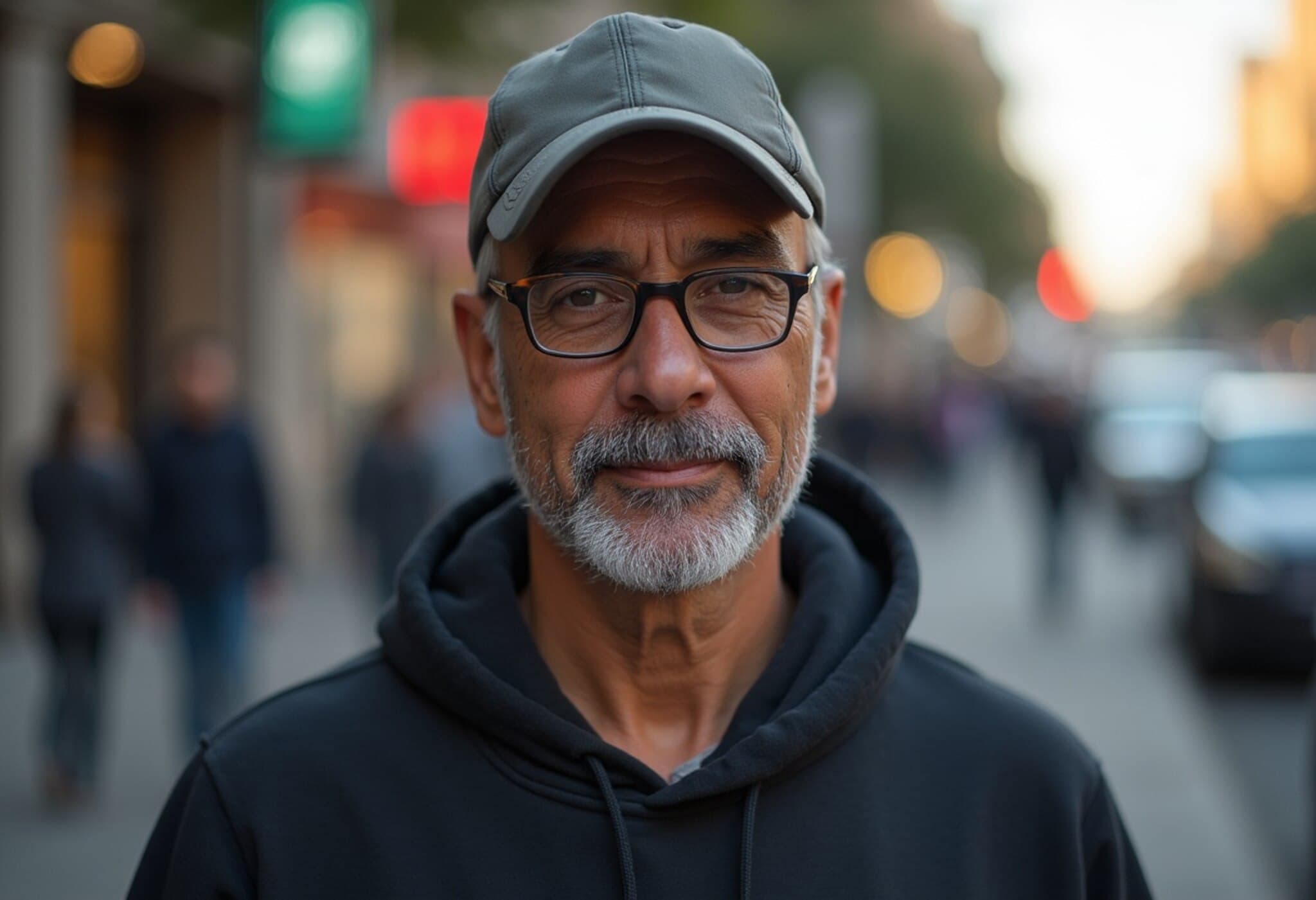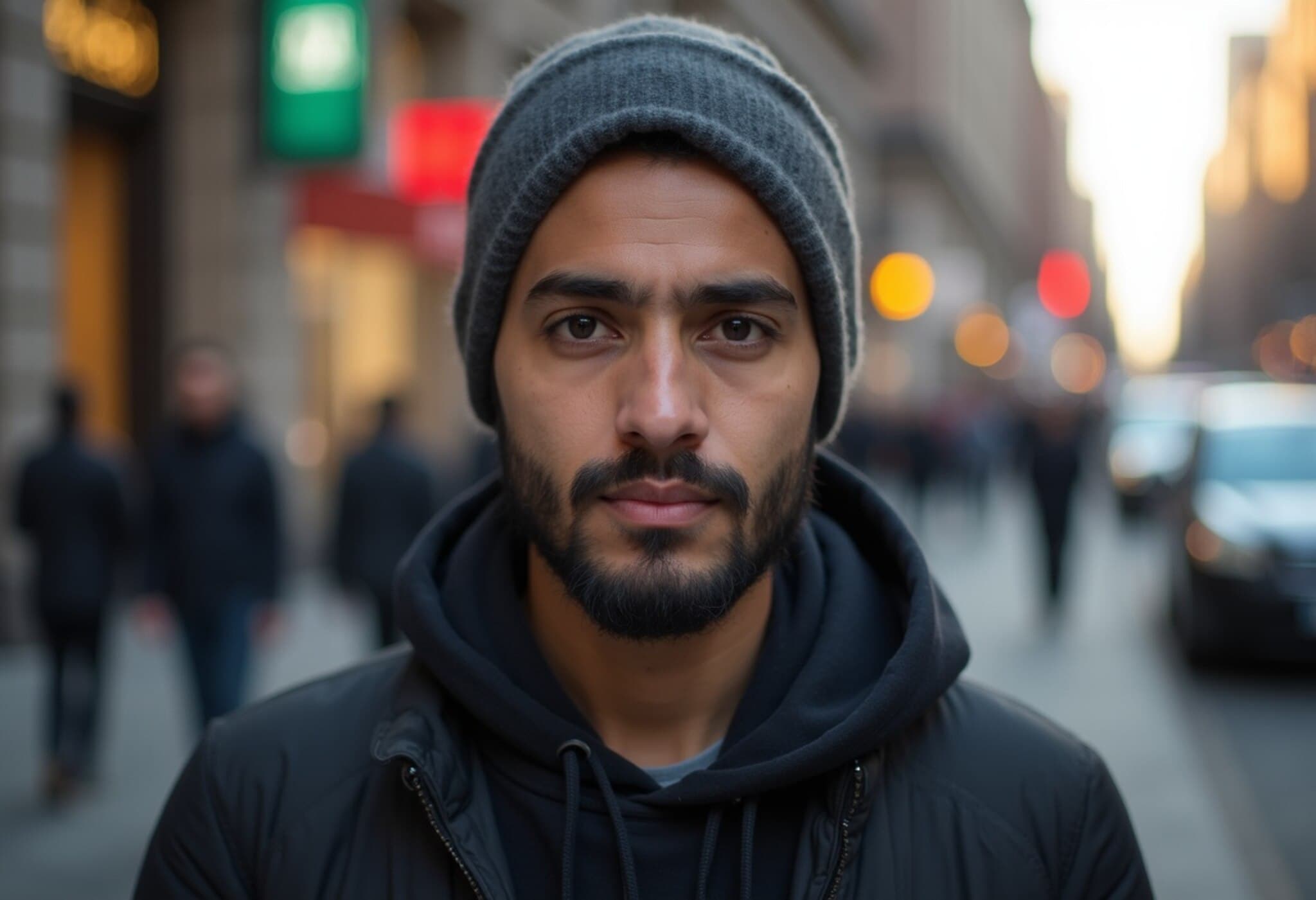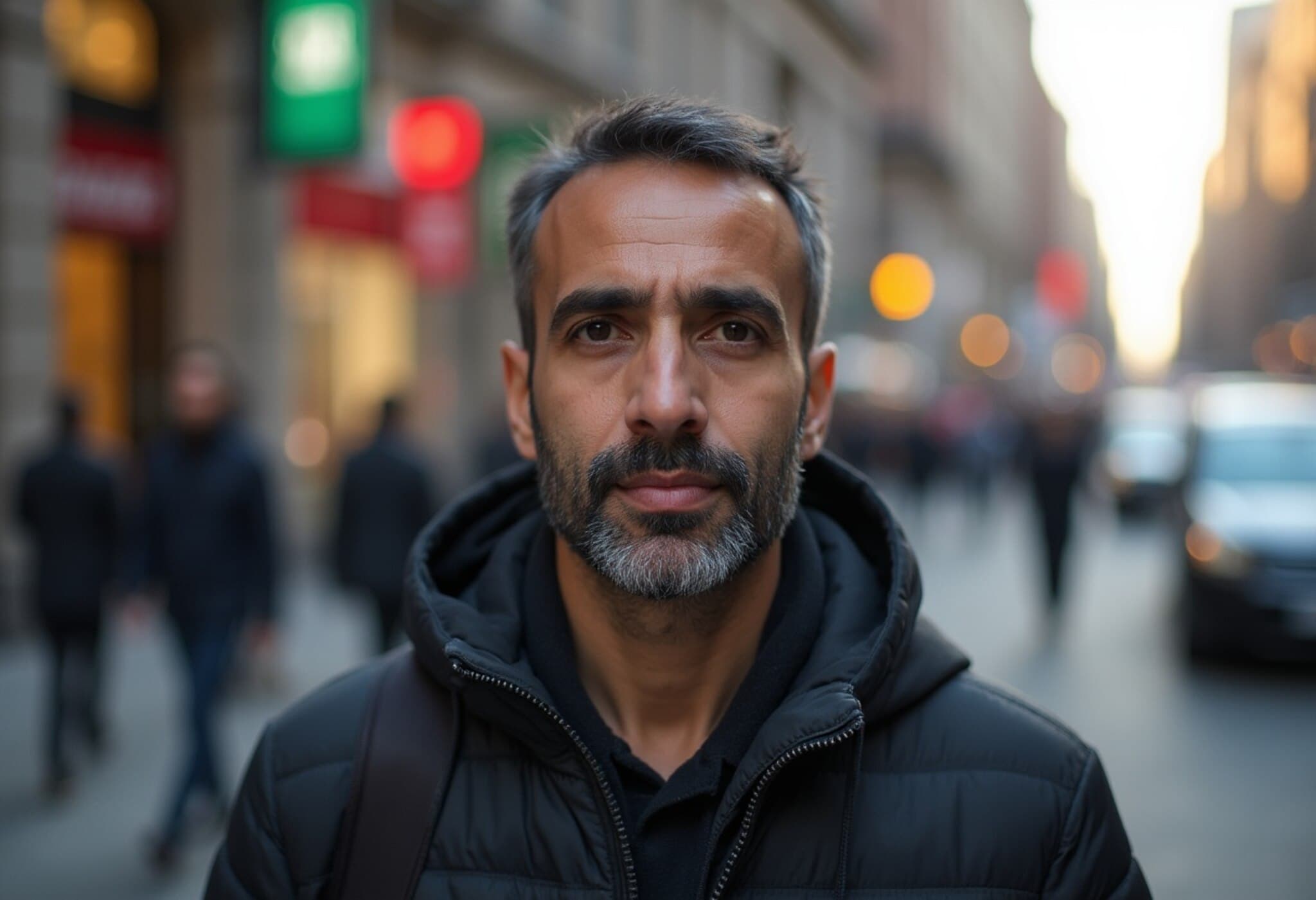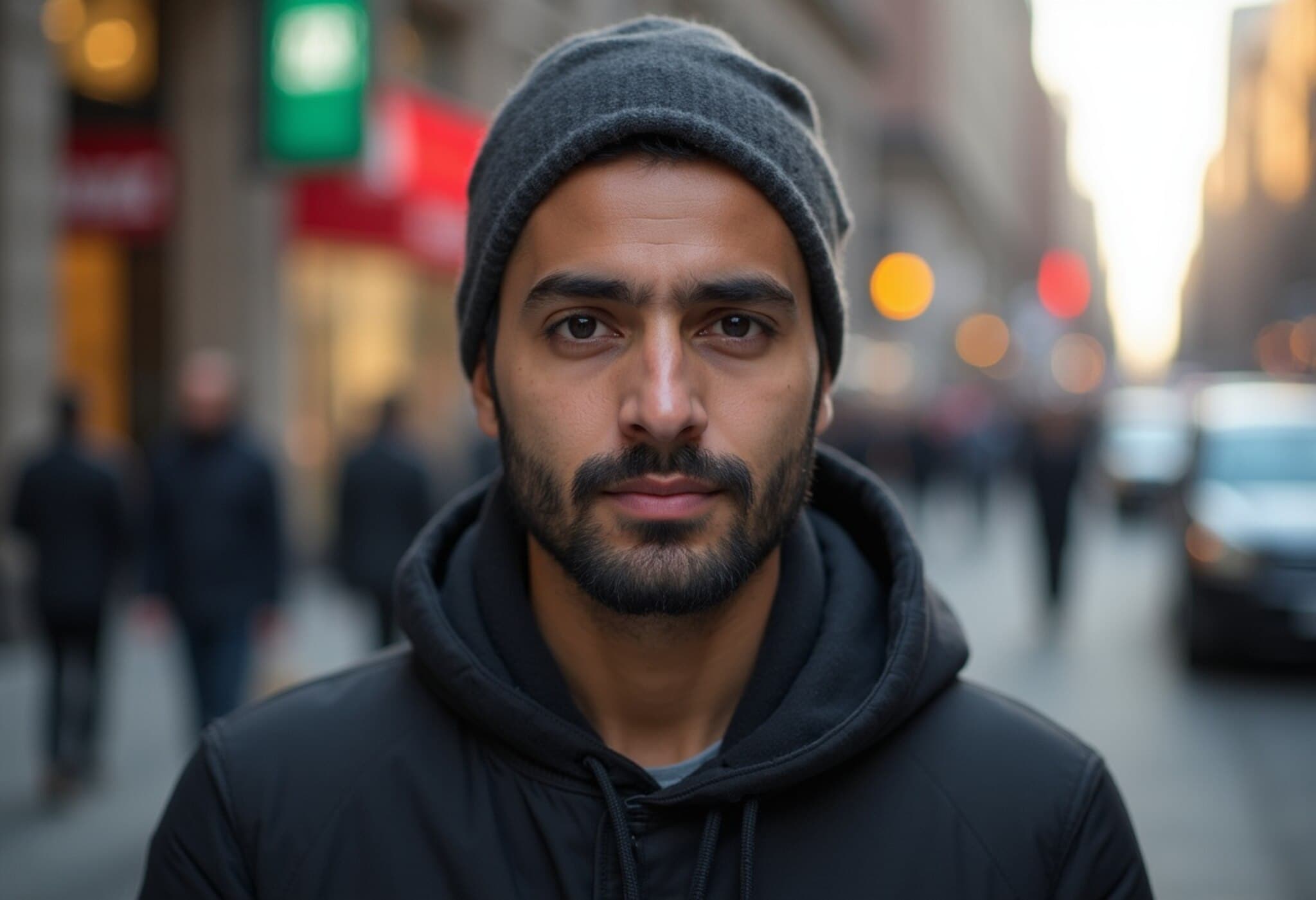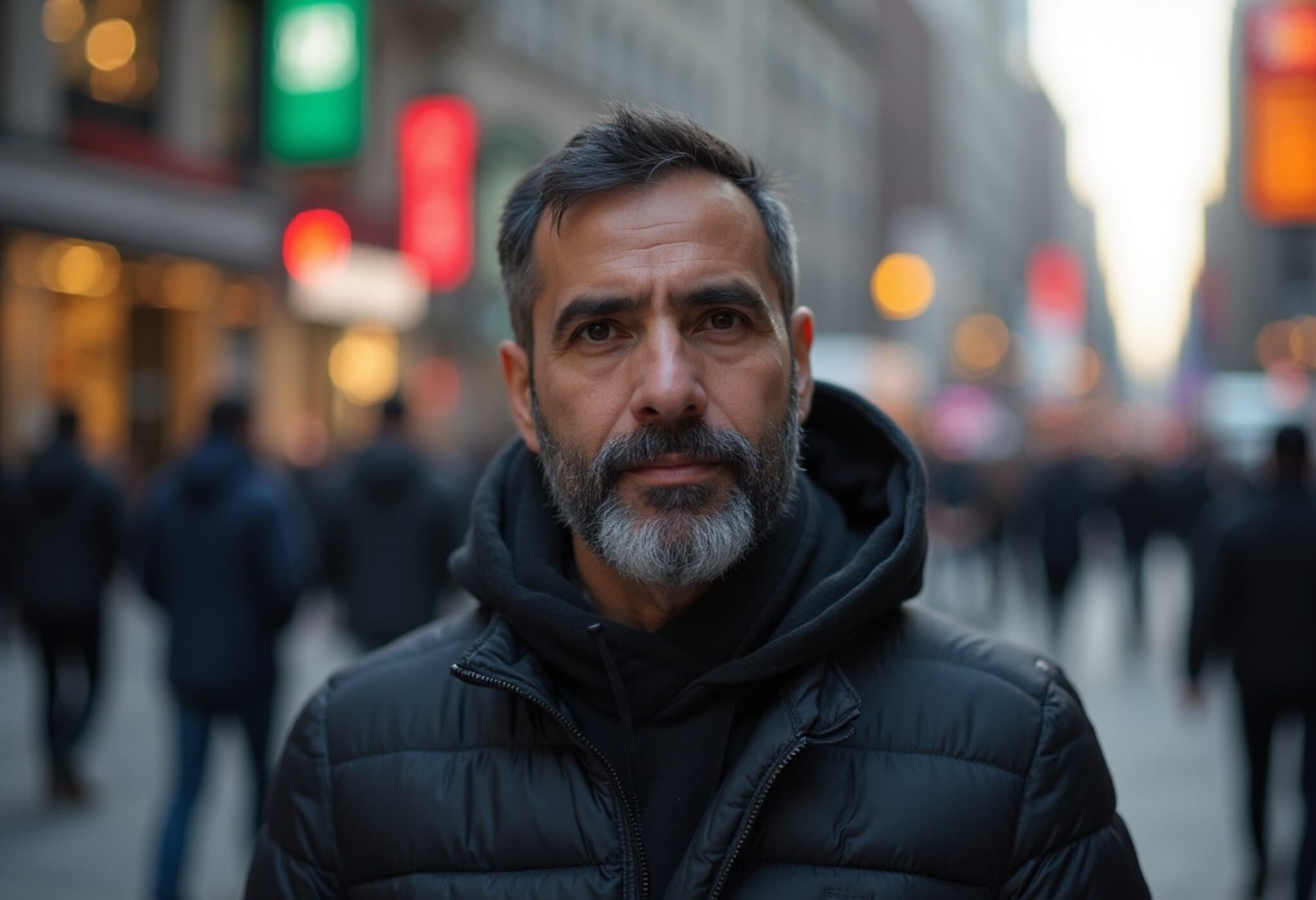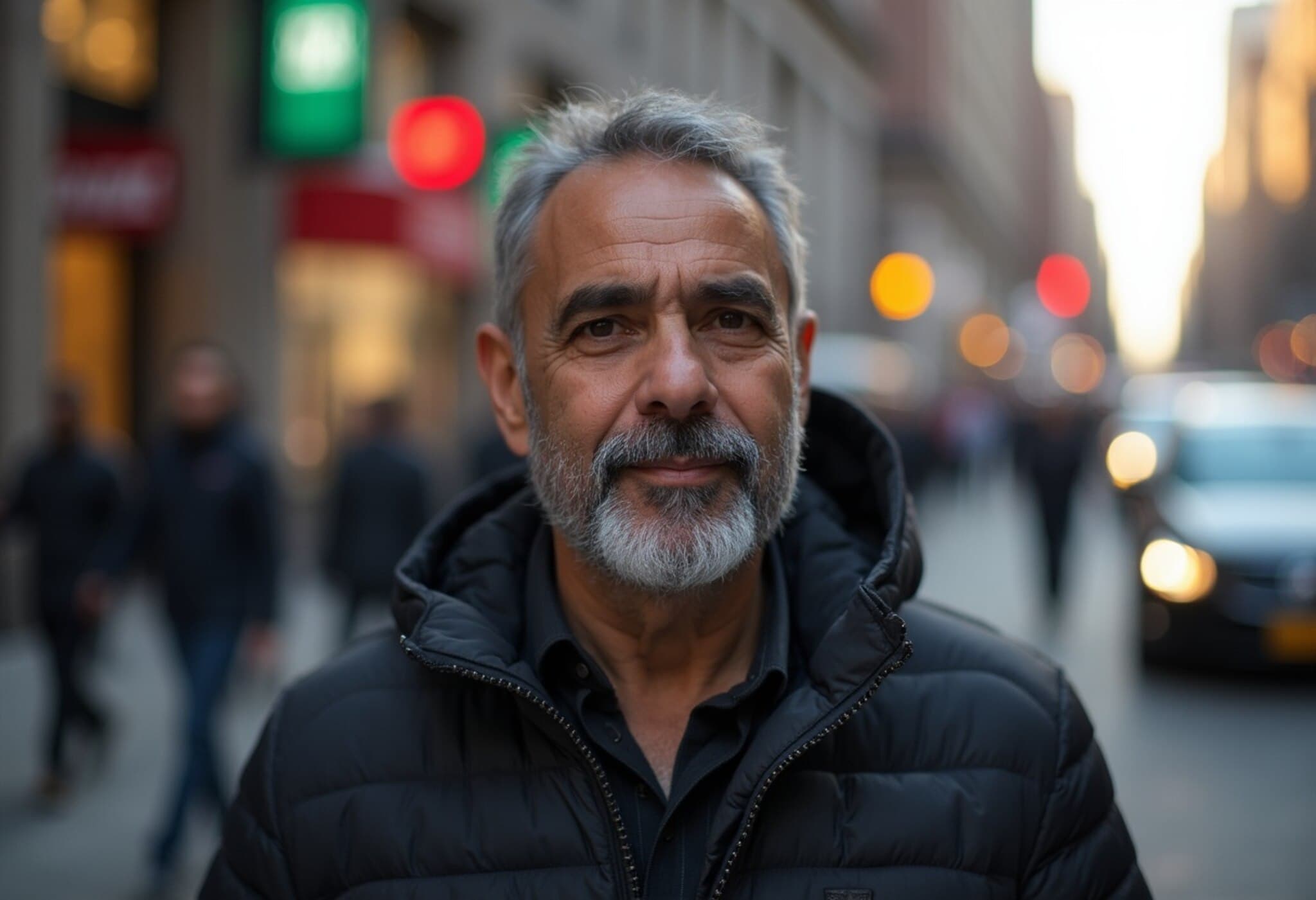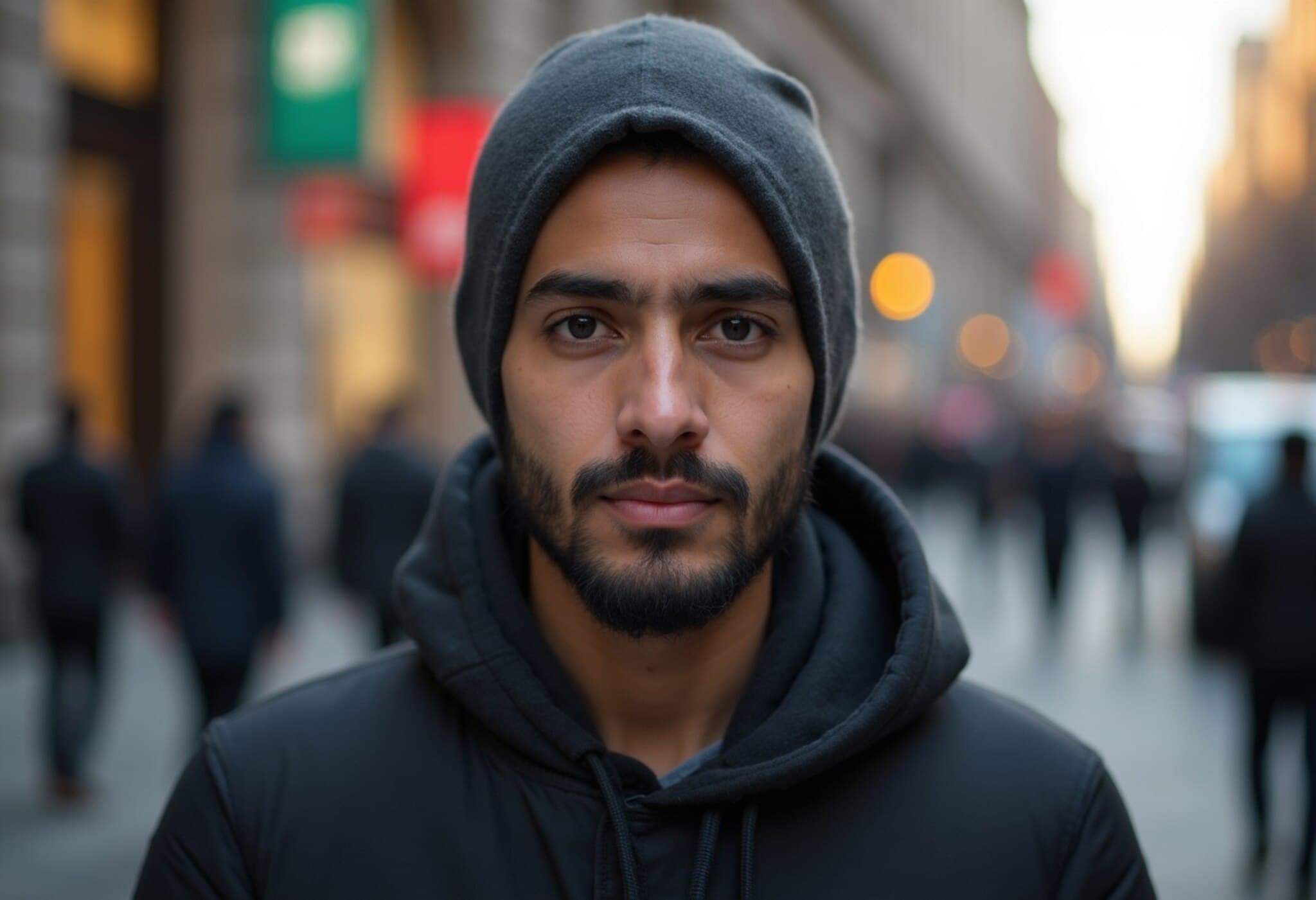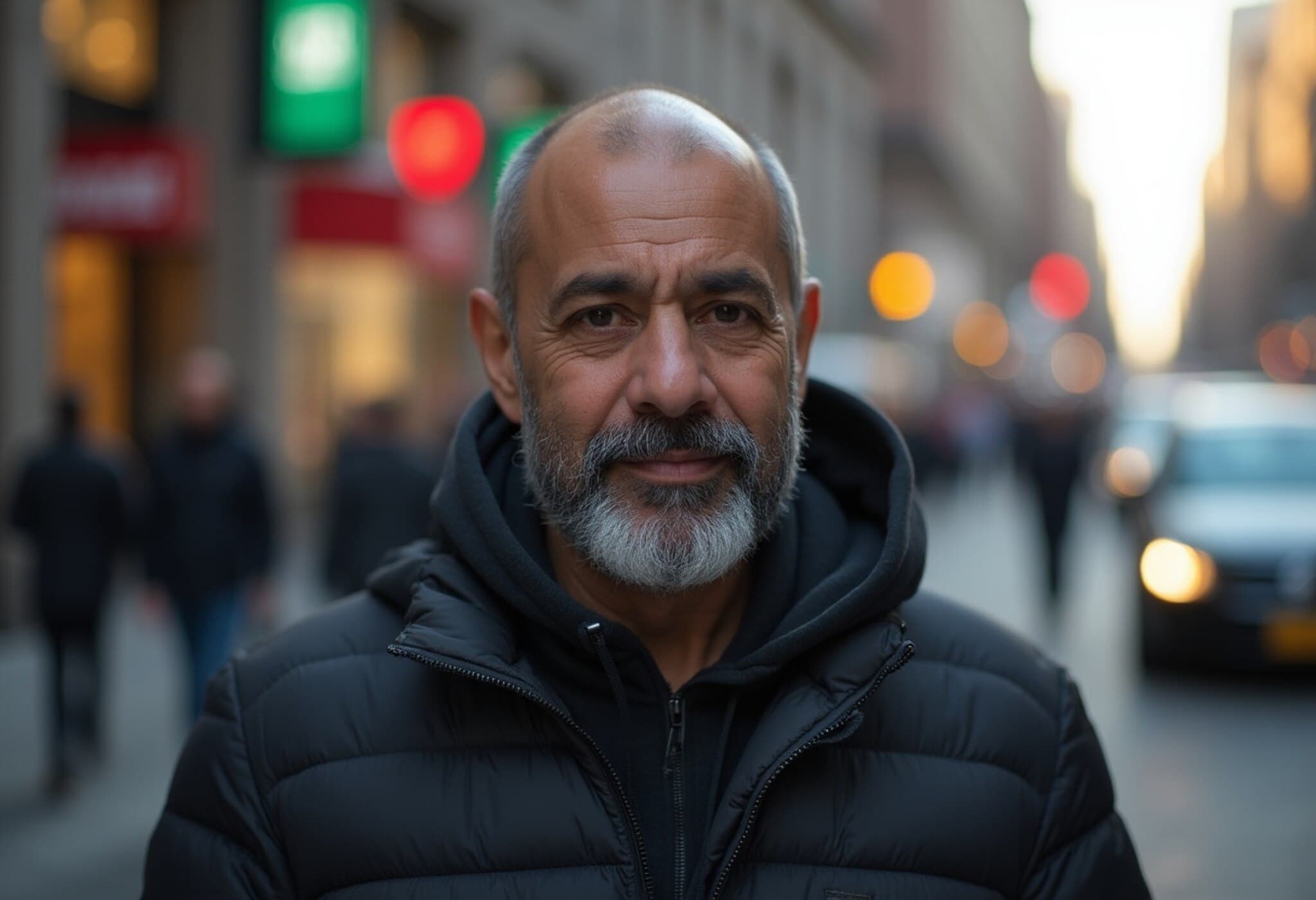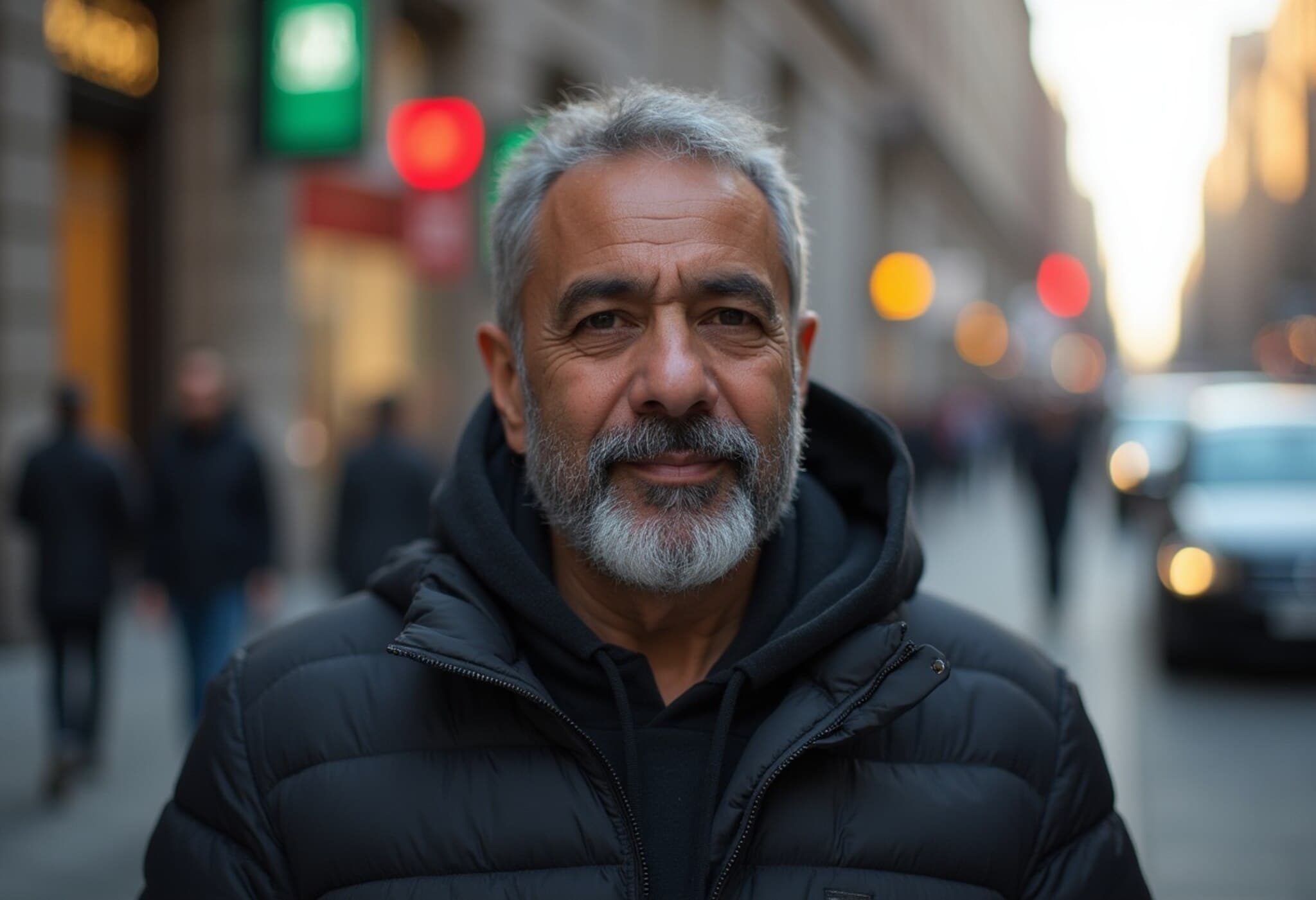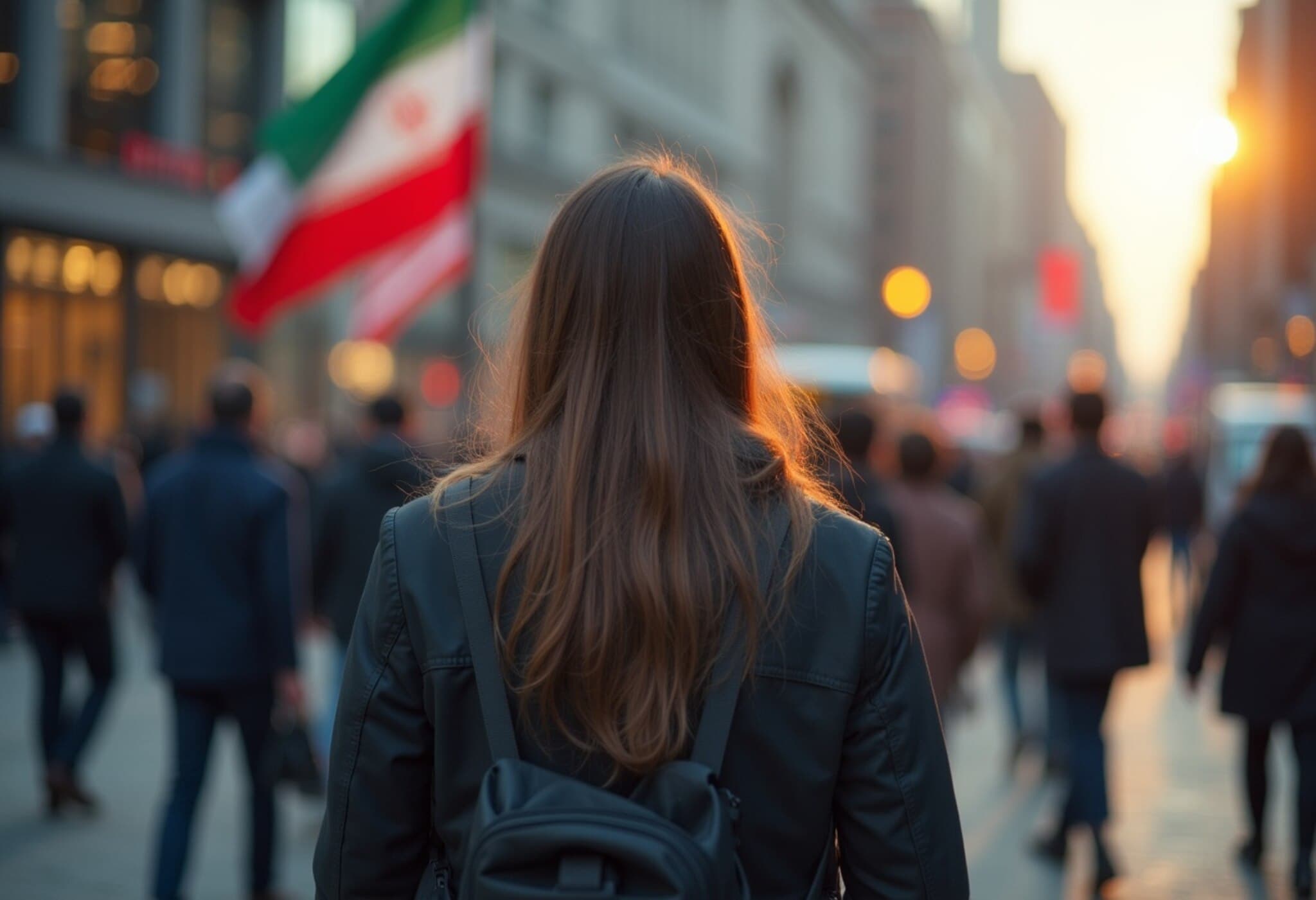Palestinian Activist Mahmoud Khalil Files $20 Million Claim Against Trump Administration
In a powerful move to hold government officials accountable, Mahmoud Khalil, a Palestinian activist and Columbia University graduate student, has formally filed a $20 million claim against the former Trump administration. The claim alleges wrongful imprisonment, malicious prosecution, and defamation tied to his immigration detention and deportation efforts targeting his vocal pro-Palestinian activism.
A Father's Pain and Call for Justice
During an intimate interview in his Manhattan apartment, Khalil gently cradled his 10-week-old son, Deen, recalling the agonizing nights he spent confined in a harsh immigration jail in Louisiana. "I cannot describe the pain of that night," Khalil shared, eyes fixed on his baby. His detention came as he anxiously awaited news of his child’s birth thousands of miles away.
This personal hardship — coupled with what Khalil describes as an orchestrated attempt by government agents to silence him — fueled his decision to demand accountability. "This is not about money," he emphasized during a conversation with NBC News. "It's about real accountability for systemic abuses of power and suppression of dissent."
Legal Grounds: A Challenge to Unconstitutional Detention and Speech Suppression
Khalil’s claim, filed under the Federal Tort Claims Act, targets the Department of Homeland Security (DHS), Immigration and Customs Enforcement (ICE), and the State Department. It alleges a deliberate strategy by former President Donald Trump's administration to intimidate and destroy the credibility of activists who opposed policies related to Israel-Palestine tensions.
Details of the Detention
- Arrested on March 8 without a warrant by plainclothes federal agents while returning home with his wife, Khalil describes the experience as an "effective kidnapping."
- Transported to a remote immigration detention center in Jena, Louisiana — a location concealed from his family and legal counsel.
- Subjected to harsh conditions, including denial of ulcer medication, poor nutrition causing significant weight loss, and constant exposure to fluorescent lighting.
- Publicly vilified by the administration, associating his activism with "pro-terrorist" rhetoric without any criminal charges or evidence connecting him to terrorist groups.
According to government spokespersons, the actions taken were lawful and justified due to what they described as "hateful behavior and rhetoric" threatening certain campus communities. However, civil rights experts contend that branding peaceful political advocacy as grounds for deportation threatens fundamental freedoms guaranteed by the First Amendment.
The Intersection of Immigration Law and Political Expression
Khalil’s case spotlights an underexamined issue: how immigration enforcement can be weaponized to target political speech. Recent memos from the State Department suggested deportation not for legal infractions but based on Khalil’s viewpoints, seen as contrary to U.S. foreign policy interests.
Such actions raise complex constitutional questions about free speech and due process for non-citizens with permanent residency. Legal scholars warn that this case could set a troubling precedent, chilling activism among immigrants and non-citizens who engage in controversial political advocacy.
Impact on Immigrant Detainees
While incarcerated, Khalil became a de facto advocate within the detention center, helping fellow detainees navigate bureaucratic hurdles and serving as a mentor, drawing on his previous experience at the British embassy in Beirut. His effort reveals a rarely seen side of immigrant detention: the community and solidarity formed even under severe stress.
Ongoing Legal Battles and Personal Aftermath
After spending 104 days in detention, Khalil was released following a federal judge's ruling that the government's basis for his deportation was likely unconstitutional. However, new allegations—accusing him of misrepresenting personal details on his green card application—have surfaced, which his attorneys argue are retaliatory and baseless.
Since his release, Khalil has returned to his family life but remains cautious due to fears of harassment or possible re-arrest. Yet his commitment to activism is undeterred, particularly in spotlighting the humanitarian crisis in Gaza, where ongoing conflict has tragically claimed over 57,000 Palestinian lives this year, including many women and children.
Reflecting on Moral Duty
When asked if he might have acted differently knowing the personal cost, Khalil reflected thoughtfully, "We could've communicated better, built more bridges. But opposing a genocide — that is a moral imperative. To do otherwise feels like complicity."
Broader Context and Implications
Khalil’s experience underscores the precarious space occupied by politically active immigrants in the U.S., where immigration enforcement can intersect uncomfortably with efforts to suppress dissent. His case raises critical questions about the balance between national security, immigration law, and constitutional rights.
Experts in civil rights law and immigration policy will be watching closely as the lawsuit progresses. The outcome could have lasting implications for how the government addresses political activism within immigrant communities and how it ensures due process and justice.
Editor’s Note:
Mahmoud Khalil’s legal claim is more than a personal quest for justice—it represents a broader challenge to policies that risk conflating political speech with security threats. As the U.S. grapples with safeguarding its democratic values, Khalil’s story invites reflection on government accountability, the rights of immigrant activists, and the human cost of political repression. Readers are encouraged to consider the delicate balance between security and freedom, and the potential implications for immigrant communities nationwide.

